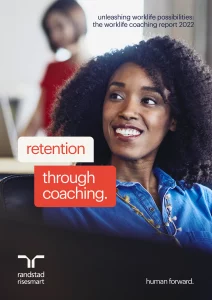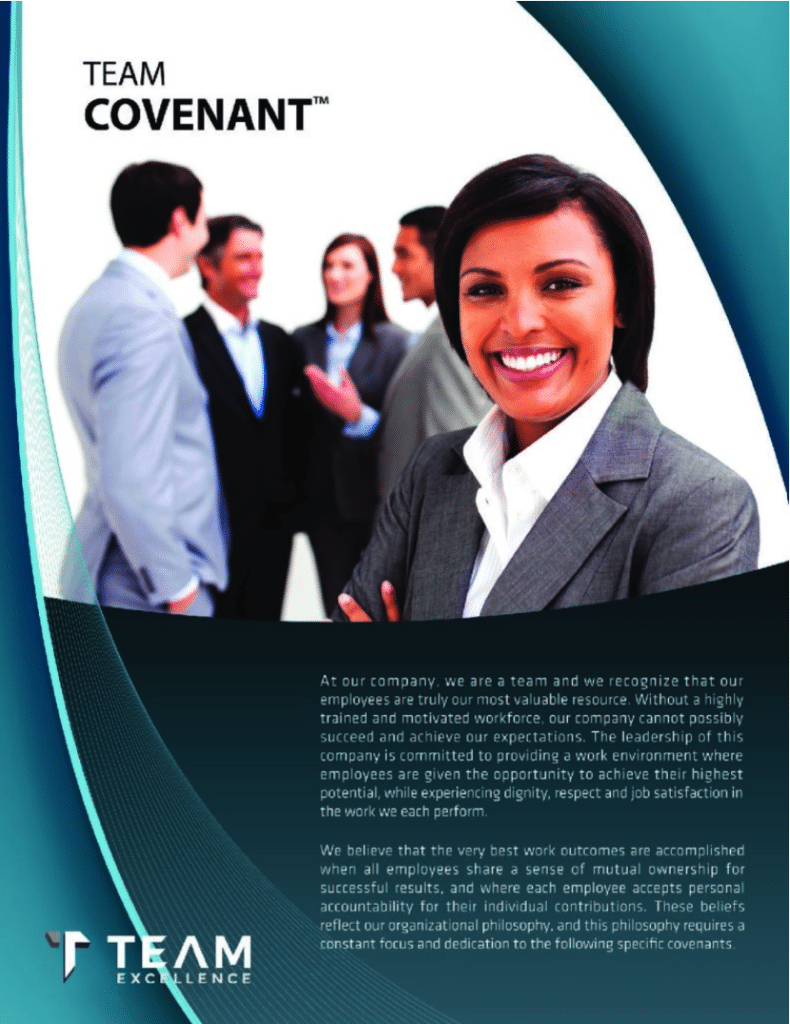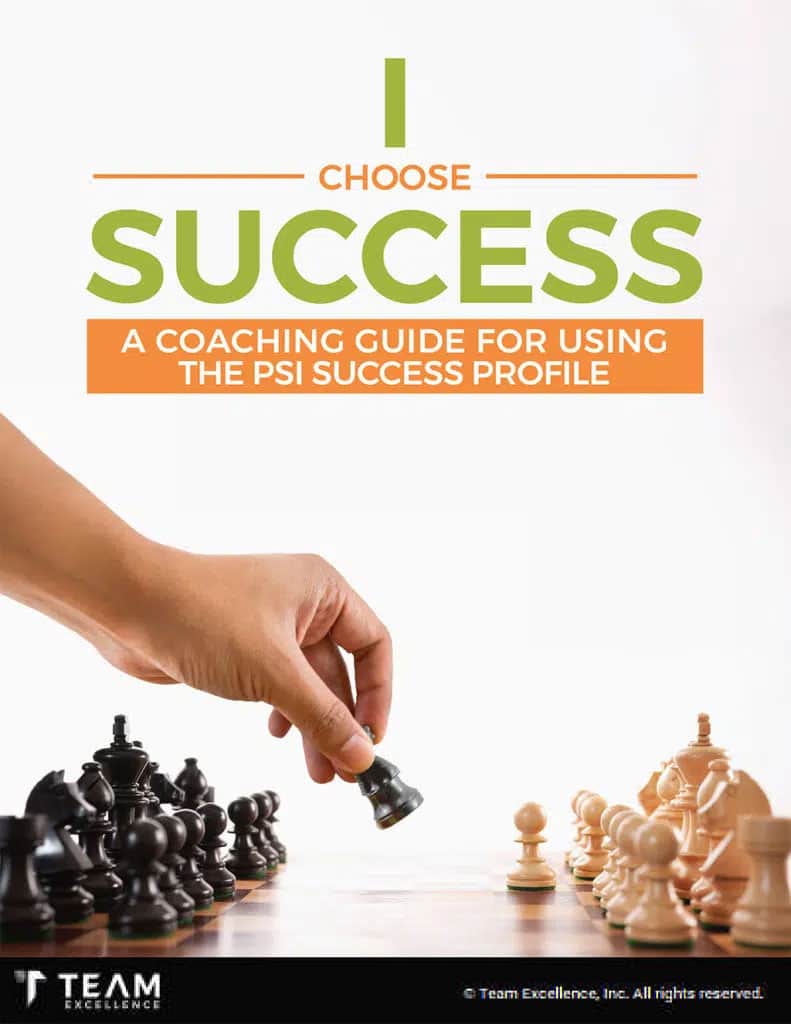How important is trust between managers and employees and what are the bottom-line implications to your business?
According to SHRM (Society for Human Resource Management), employee engagement ranks highest on the list of concerns by HR leaders. Added to this, a recent Gallup Survey determined that disengaged employees cost the U.S. Economy between $450 billion and $550 billion. Wow!
Gallup went on to find that ONLY 27% OF EMPLOYEES ARE ENGAGED, while 54% are disengaged and an alarming 18% are “actively disengaged”, meaning this last group is deliberately trying to undermine your business. Double wow!
And further, Gallup surveyed over 1 million U.S. employees and found that 50% of your employees who quit, QUIT THE BOSS, not the company, not the job! Why? According to Gallup, the number one reason is a LACK OF TRUST between the employee and their manager.So trust absolutely does matter! The absence of it costs you a lot of money. What can you do about it? A good first step is to understand human behavior just a bit more.

We live in a world of total transparency
Social media, technology, smart phones, 24-hour cable TV, and lots of other stuff have created a world of total transparency. Nothing happens that we don’t know about almost immediately, and when it’s major, the whole world lives through a prolonged, shared, often traumatic experience. So what?
This constant and immediate access to information leads to an expectation that if you CAN know something, you SHOULD or MUST know it. If you DON’T, then something’s WRONG!
When we don’t know or understand something, we tend to jump to all the wrong assumptions, conclusions, or suspicions. Unfortunately and most often we assume the very worst. For example, if on an airplane we experience severe air turbulence, our first intuitive thought is that we’re going to crash, we’re going to die! Maybe our second or third or fourth thought is that it will be okay, we have an experienced pilot who knows how to successfully handle the situation and take care of us.
Wouldn’t it be great if our intuitive thinking went the opposite direction, but it doesn’t!
This same human process is true in the relationships between managers and employees. When we don’t understand the other person (our individual differences in intuitive thinking and behavior), we jump to the wrong conclusions and assumptions such as ‘they don’t like me, they are criticizing me, they don’t respect me, they think I’m stupid, they don’t value my work, and they certainly like someone else more.’
The simple truth is that managers and employees who DO NOT UNDERTAND each other, DO NOT TRUST each other – the employee becomes disengaged or quits.

A case for greater human transparency
The social sciences have long taught us that the more we understand ourselves and others, the more we’ll experience positive relationships with one another. Self-understanding and inter-personal awareness are key elements to establishing productive, collaborative and TRUSTING relationships. This is most especially true today in the relationships between managers and employees.
To address the need for improving relationships and mutual understanding, organizations are familiar with assessment instruments with brand names like MBTI (Myers-Briggs), DiSC, Kolbe, Hogan, Caliper and others. These assessments have been used to achieve important training goals like better communication, performance coaching, teambuilding, to mention the obvious. All of these instruments are pretty good, BUT…
These instruments speak primarily psycho-babble. They’re complex and esoteric with a language all their own. They are consultant-dependent and expensive. Access to them is controlled and requires specialized certification. And they all predictably produce not much more than a “psychological suntan” – a feel-good experience people enjoy because it has a warm glow of personal celebration that unfortunately and too quickly fades.
If you’ve personally had one of these “suntans” you know exactly what we mean because like everyone else, in two weeks or a month you inevitably asked yourself: “What was that all about?” “What did it say?” and “What am I supposed to do with this information?” Your suntan faded!
The limitations and challenges of all these instruments do not diminish the need for greater human transparency. If only we had a better mousetrap. A simple innovative mousetrap that would:
- Speak a common, every-day, job-related language that is easy to understand and remember
- Be self-explanatory and not require a certified consultant or expert to interpret
- Focus non-judgmentally on complementary strengths, not on weaknesses or limitations
- Be inexpensive and easy to administer to an organization-wide audience
- Visually compare the manager and employee in a single graphic report that always gets a humorous “Well that explains everything!” response (neutralizes false judgments), and
- Quickly and intuitively allow managers and employees to UNDERSTAND one another more and thus TRUST one another more
- Be an integral component of a larger, more strategic organizational development process.

It would also be great if this better mousetrap got reactions from participants such as:
“A superior choice! In the past 10 years has helped us develop non-judgmental, trusting and high performing relationships in our company.’
“Fast and makes it easy to understand our motivational and behavioral strengths in simple, everyday language without having to become psychological experts.”
“These reports provide a simple, job-related language that our managers and employees intuitively know how to use in their working relationships with one another.”
“Of all the assessment instruments we’ve used in the past 25 years, it is the best we’ve found! It is the most cost-effective, accurate and highest psychometric caliber tool available today.”
“I’m certified in four very well-known assessments and each has its own unique contribution. But you have captured all of these and more into a single easy to grasp instrument that does not require special training.”
“Most assessments have something interesting to say about the individual. What I like best about your approach is the non-judgmental comparative reports between two or more individuals.”
Well guess what, this better mousetrap (technology) does exist and is the product of more than 40 years of professional corporate development experience. It’s available in a streamlined SaaS on-demand delivery system that includes unlimited organizational storage and retrieval capacity.
Lest this article be seen as a blatant and shameless sales pitch, if you are interested in knowing more about PSI (Personal Strengths Inventory) and our total approach to human transparency, you will have to initiate some action by contacting us. We’ll be glad to share more about how this unique integrated technology can help you become self-sufficient (not consultant-dependent) in SOLVING THE CHALLENGE OF MANAGER-EMPLOYEE TRUST in your organization. We’ll also tell you more about our award-winning TEAM DEVELOPMENT STRATEGY™ and how PSI is an integral component of this TOTAL OD and CULTURE MANAGEMENT SYSTEM.
We TRUST you will find this worthy of your time!






